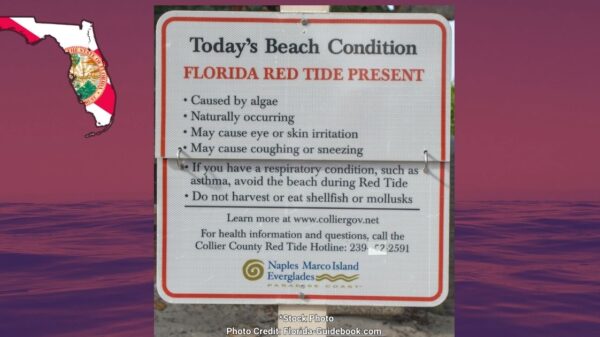This week, the U.S. House passed U.S. Rep. Darren Soto’s, D-Fla., “Leveraging American Understanding of Next-Generation Challenges Exploring Space (LAUNCHES) Act.”
According to Soto’s office, the bill “will eliminate unnecessary barriers that hamper the ability of private companies to obtain spectrum licenses required to launch rockets from the United States including locally at Cape Canaveral.”
After introducing the bill in July 2022, Soto brought it back in March and guided it through the U.S. House Energy and Commerce’s Subcommittee on Communications and Technology without opposition. U.S. Rep. Neal Dunn, R-Fla., is co-sponsoring the proposal.
“Space exploration has long been an integral part of our national goal to advance humanity, science, and innovation. However, the extent to which regulations and restrictions have been imposed on the rocket launching process only delays those who seek to make progress on this frontier. The LAUNCHES Act is critical in enabling future developments and maintaining global competitiveness in the space sector. Curiosity is a part of the American spirit, and it is past time we modernize the launch process in a way that’s beneficial to both the federal government and private companies,” Soto said when he first introduced the proposal.
“America leads the world in innovation and exploration; however, our current regulations and restrictions are holding us back from the next moonshot,” said Dunn. “The Launch Communications Act simplifies a burdensome process so we can maintain our competitiveness and encourage further space exploration. I’m grateful to my colleagues on the Subcommittee on Communications and Technology for voting in favor of a more efficient process that benefits private companies and the federal government.”
“Currently, all commercial missions launching from the U.S. to space utilize a government-owned spectrum to communicate with the rockets during the 10 minutes it takes to get to orbit. Ahead of a launch, private companies must apply to the Federal Communications Commission to receive special temporary authority to use this spectrum. In a tedious and inefficient process, the FCC coordinates each separate STA license with multiple federal agencies that could conceivably be using the spectrum at the same time. This process has become highly burdensome to both the government and commercial users applying for use of this spectrum,” Soto’s office noted.
Soto’s bill would have the FCC “streamline the launch authorization process for commercial launches, which would eliminate the STA process, permit multi-launch authorizations, and automate the frequency review process.”
Soto took to the House floor to urge the chamber pass the bill.
“In Central Florida, the busiest spaceport in the world is right in our backyard at Cape Canaveral. We had a record year of 57 launches from the Cape in 2022 and we’re expecting a total of 87 launches or more this year,” Soto said on the House floor. “When we see bad weather, as you could imagine some of these launches start to stack up. Which is why having a lengthy FCC license process for each launch can be cumbersome and costly. That’s why I introduced this bill with my colleague and fellow Floridian Dr. Dunn to streamline the process and ensure our spaceports continue to be the most efficient in the world.”
The House passed the bill without opposition this week.
With the bill having cleared the House, attention now turns to the U.S. Senate where U.S. Sen. Eric Schmidt, R-Mo., introduced a related bill in May with U.S. Sen. John Hickenlooper, D-Col., as the only co-sponsor. The bill is before the U.S. Senate Commerce, Science, and Transportation Committee.
















